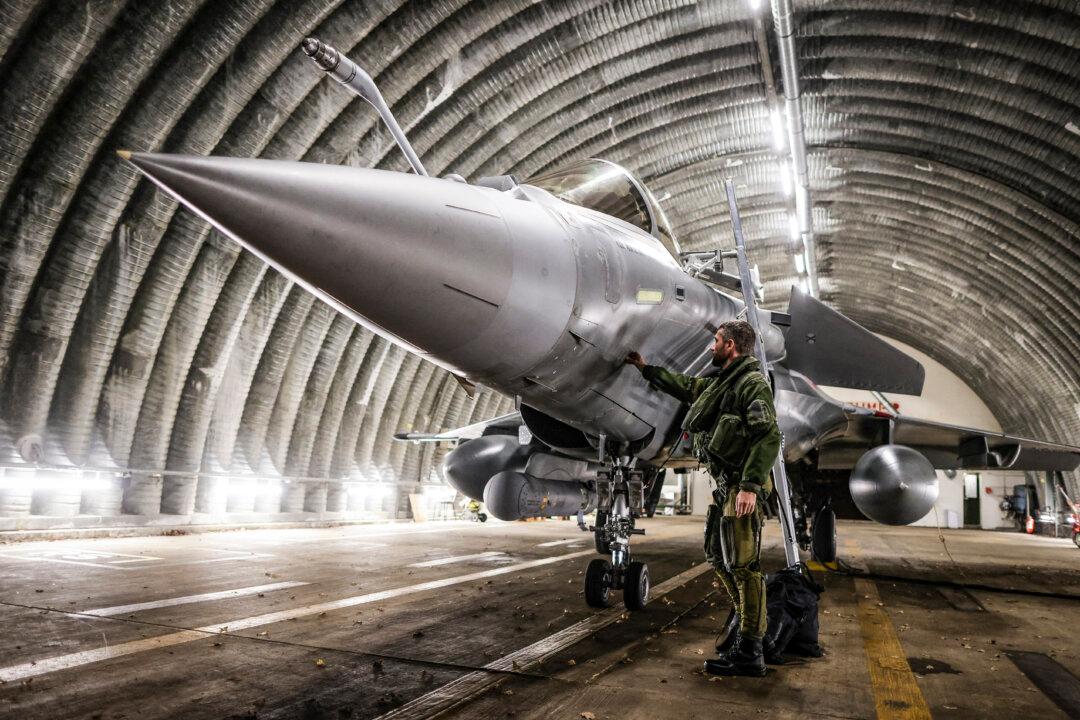A former NATO spokesperson has said members of the 32-nation bloc may need to spend 4 or 5 percent of their GDP on defense in the coming years, especially if the United States pulls back on its commitments under President-elect Donald Trump.
Oana Lungescu, who worked at NATO between 2010 and 2024, told a Royal United Services Institute (RUSI) briefing in London on Thursday, that a majority of America’s allies in NATO were spending at least 2 percent of GDP on defense.





